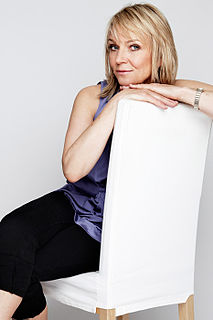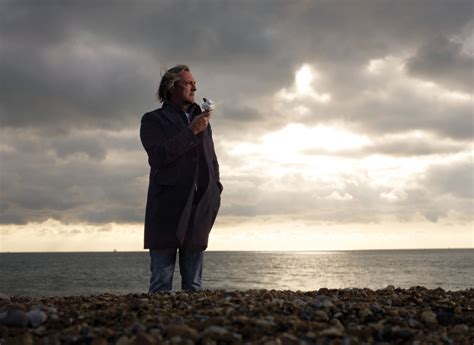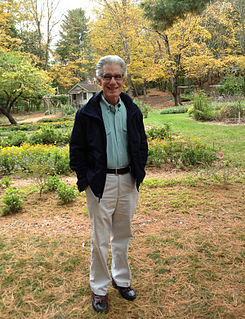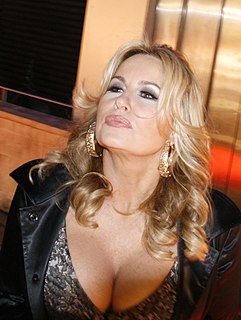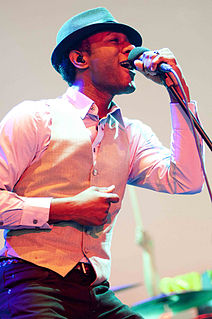A Quote by Helen Fielding
Sink into morbid, cynical reflection on how much romantic heartbreak is to do with ego and miffed pride rather than actual loss
Related Quotes
I would much rather fight pride than vanity, because pride has a stand-up way of fighting. You know where it is. It throws its black shadow on you, and you are not at a loss where to strike. But vanity is that delusive, that insectiferous, that multiplied feeling, and men that fight vanities are like men that fight midges and butterflies. It is easier to chase them than to hit them.
The term "self" seems a suitable one for the unconscious substrate whose actual exponent in consciousness is the ego. The ego stands to the self as the moved to the mover, or as object to subject, because the determining factors that radiate outward from the self surround the ego on all sides and are therefore supraordinate to it. The self, like the unconscious, as an a priori existent out of which the ego evolves. It is, so to speak, an unconscious prefiguration of the ego. It is not I who create myself; rather, I happen to myself.
Amongst my friends, I am known as the most cynical person they know - I'm incredibly cynical. I don't believe in God, I don't believe in the supernatural, I don't believe in anything! And I'm terribly cynical, and somehow or other, all three of my films and much of my television work has been rather sentimental, and 'heartwarming'.
I can't do anything about how people who are all but completely unaware of my actual motivations and my actual thought process and my actual worldview, how they characterize me. There's not much I can do about it, except never say another word other than 'there's a ground ball to shortstop.' And I don't think that's going to happen.
The individual (no matter how well-meaning he might be, no matter how much strength he might have, if only he would use it) does not have the passion to rip himself away from either the coils of Reflection or the seductive ambiguities of Reflection; nor do the surroundings and times have any events or passions, but rather provide a negative setting of a habit of reflection, which plays with some illusory project only to betray him in the end with a way out: it shows him that the most clever thing to do is nothing at all.
But I'd rather help than watch. I'd rather have a heart than a mind. I'd rather expose too much than too little. I'd rather say hello to strangers than be afraid of them. I would rather know all this about myself than have more money than I need. I'd rather have something to love than a way to impress you.
